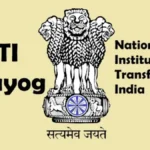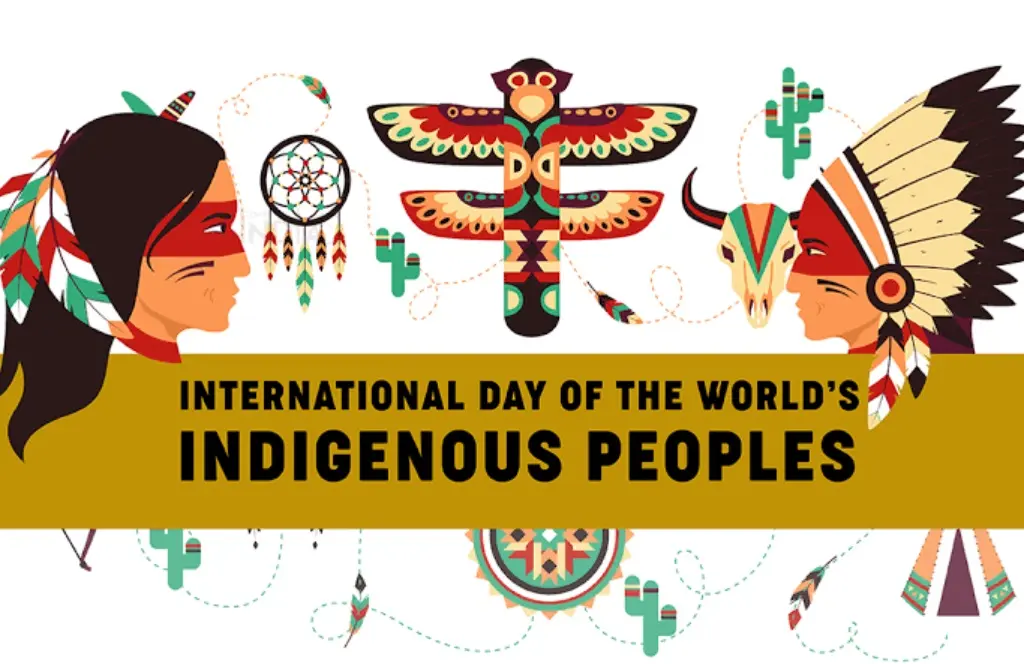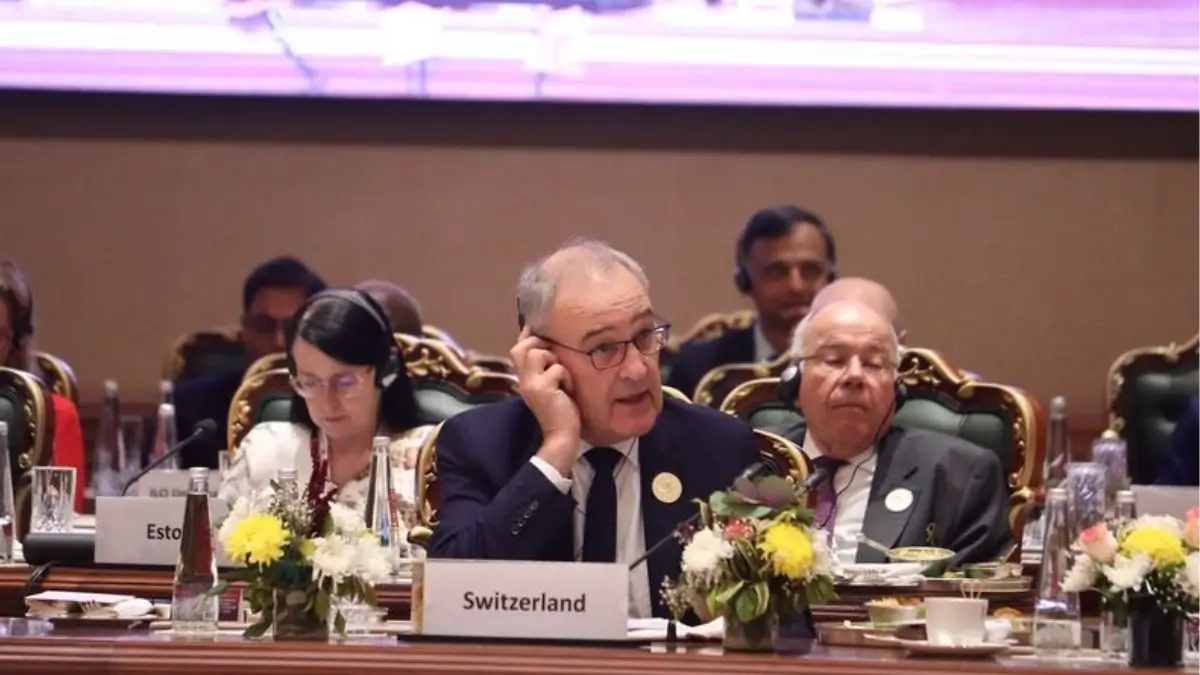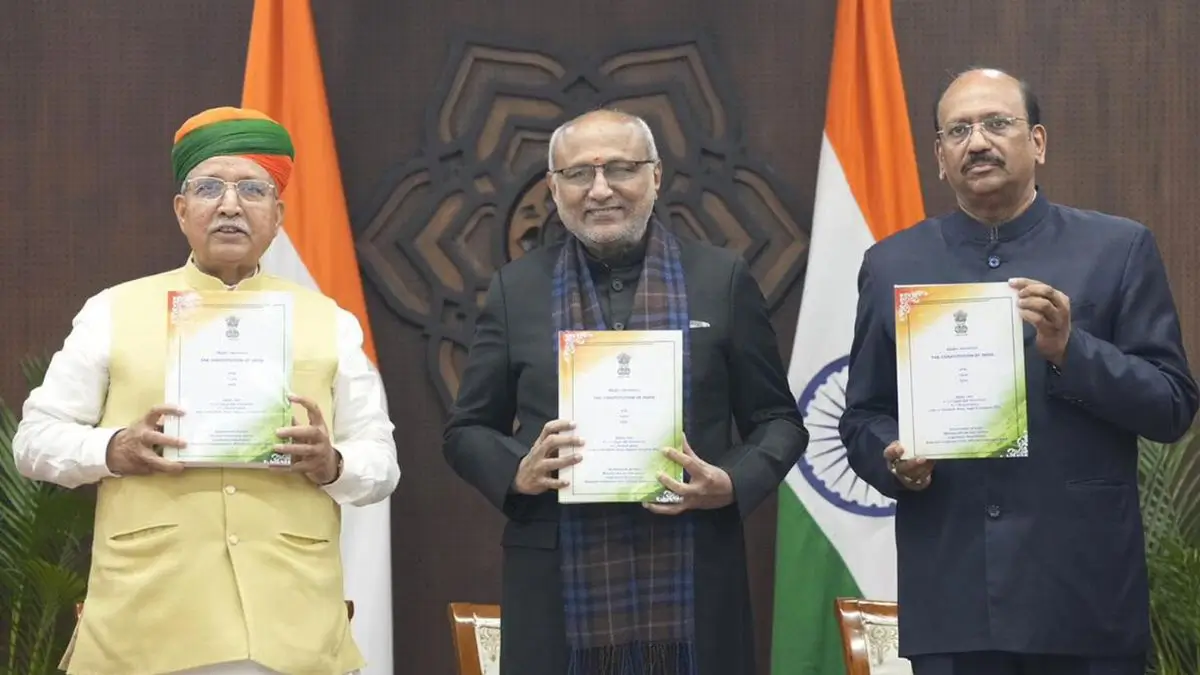International Day of the World’s Indigenous Peoples 2023
The International Day of the World’s Indigenous Peoples is an annual observance held on August 9th to recognize and celebrate the unique cultures, traditions, and contributions of indigenous communities around the globe. This day sheds light on the challenges they face, advocates for their rights, and emphasizes the importance of preserving their heritage. In this article, we delve into the significance of this day, its historical context, and key takeaways for students preparing for various government exams.
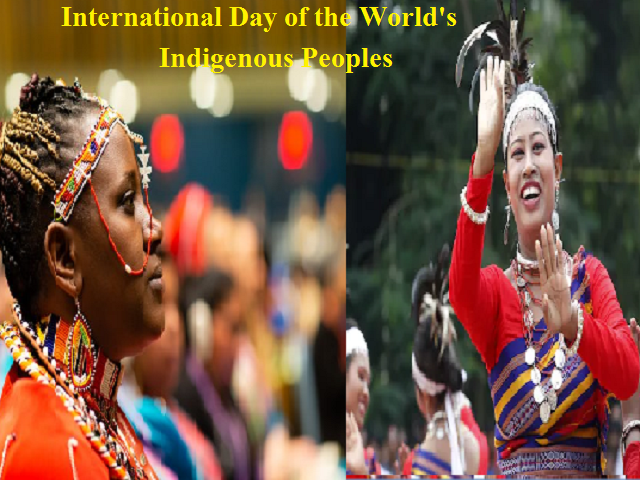
Why This News is Important:
Empowerment of Indigenous Communities
The International Day of the World’s Indigenous Peoples plays a crucial role in raising awareness about the struggles indigenous communities encounter daily. It emphasizes their right to self-determination, preserving their languages, and practicing their customs without discrimination. This awareness is essential for candidates aiming for government positions, as policies to uplift indigenous communities often feature prominently in civil service exams.
Promotion of Cultural Diversity
As the world becomes increasingly interconnected, the preservation of cultural diversity gains importance. Acknowledging and celebrating the unique traditions and practices of indigenous peoples contributes to a more inclusive and culturally rich society. This aligns with the goals of exams that assess candidates’ knowledge of social and cultural issues.
Addressing Global Challenges
The challenges faced by indigenous communities, including land rights, environmental concerns, and social inequalities, are closely linked to broader global challenges. Students aspiring for positions in various government sectors, such as environmental agencies, land and resource management, and human rights organizations, need a comprehensive understanding of these issues.
Historical Context:
The roots of the International Day of the World’s Indigenous Peoples can be traced back to 1994 when the United Nations General Assembly proclaimed it to be observed every year during the first International Decade of the World’s Indigenous People (1995-2004). The Decade aimed to strengthen international cooperation for solving the problems faced by indigenous peoples in areas such as human rights, the environment, development, education, and health.
Key Takeaways from the International Day of the World’s Indigenous Peoples 2023:
| Serial Number | Key Takeaway |
|---|---|
| 1 | Indigenous peoples’ contributions to cultural diversity and sustainable development are recognized globally. |
| 2 | This day emphasizes the need to protect indigenous languages and promote linguistic diversity. |
| 3 | Indigenous communities continue to face challenges related to land rights, environmental protection, and social equity. |
| 4 | The United Nations aims to ensure active participation of indigenous peoples in global decision-making processes. |
| 5 | Observing this day is integral to understanding and addressing indigenous issues in government exams, policy-making, and governance. |
Important FAQs for Students from this News
Q1: What is the significance of the International Day of the World’s Indigenous Peoples?
A1: The International Day of the World’s Indigenous Peoples highlights the cultural richness and contributions of indigenous communities worldwide. It also draws attention to the challenges they face and promotes their rights and heritage.
Q2: How does the observance of this day impact government exams preparation?
A2: Candidates preparing for government exams, including civil services, teaching, and police, should understand the issues faced by indigenous communities. Such knowledge enhances their grasp of cultural diversity, human rights, and sustainable development.
Q3: What historical background led to the establishment of this observance?
A3: The United Nations General Assembly declared the International Day of the World’s Indigenous Peoples during the first International Decade of the World’s Indigenous People (1995-2004) to address indigenous issues globally.
Q4: How does the day contribute to environmental awareness?
A4: The day sheds light on indigenous peoples’ connection to the environment, emphasizing issues such as land rights and environmental protection, which are crucial for sustainable development.
Q5: In what ways can individuals support indigenous communities beyond observances?
A5: Supporting fair trade, learning about indigenous cultures, and advocating for their rights are ways individuals can contribute to the well-being of indigenous communities.
Some Important Current Affairs Links









